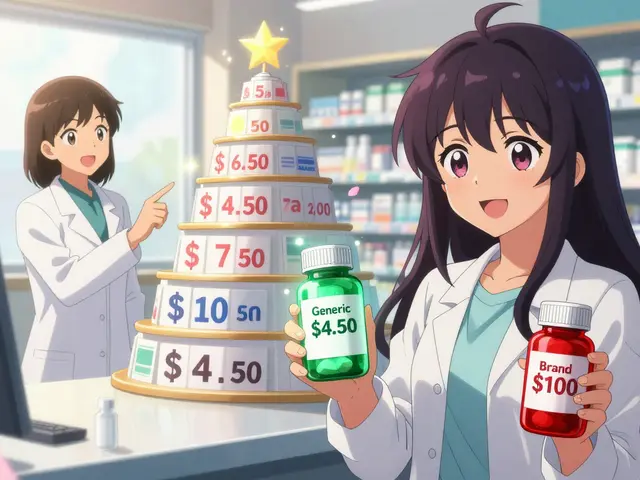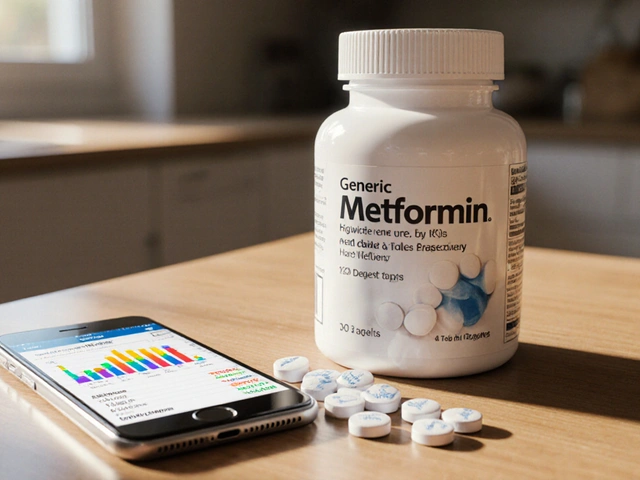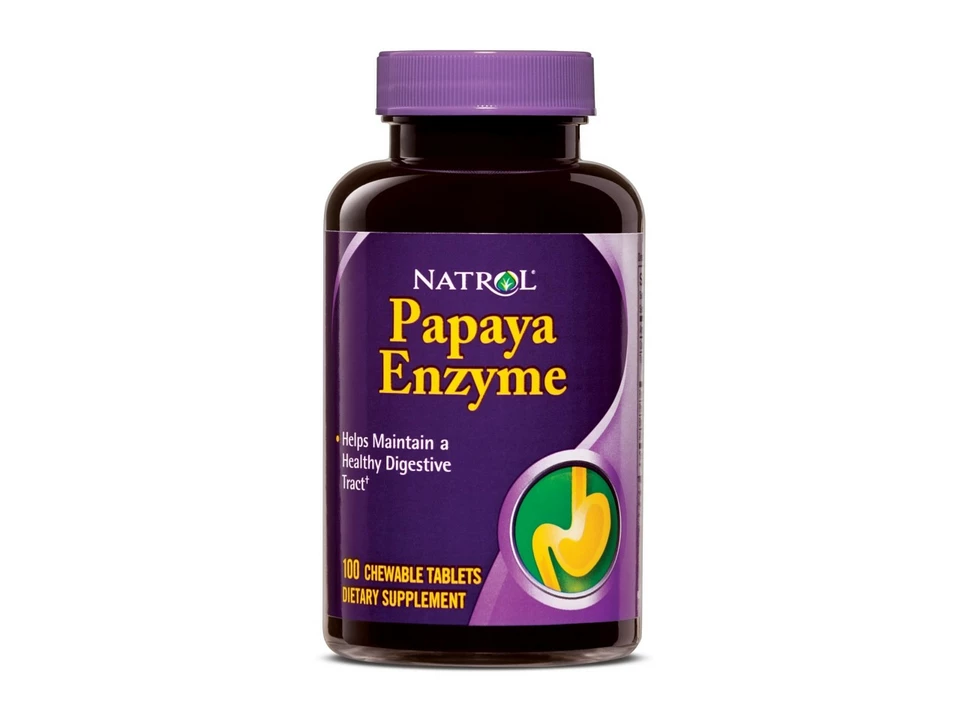Enzymes and Your Meds: How They Affect Drug Safety and Effectiveness
A single enzyme can turn a safe dose into a risky one. Enzymes are proteins that speed up chemical reactions in your body — they help you digest food, clear drugs from your system, and keep your liver working. Knowing which enzymes matter for your medications can stop bad interactions and make your treatment work better.
How enzymes change your meds
The liver’s CYP family (especially CYP3A4 and CYP2D6) handles many common drugs. If something blocks these enzymes, drug levels can spike. For example, clarithromycin (Biaxin) and some antifungal drugs strongly inhibit CYP3A4, which can raise levels of statins, certain blood thinners, and benzodiazepines — upping side effect risks. On the flip side, rifampin and some herbal products can boost enzyme activity, cutting drug levels and lowering effectiveness.
Grapefruit juice is a simple real-world example: it blocks intestinal CYP3A4 and can make some drugs much stronger. Monoamine oxidase (MAO) is another enzyme people should know about — MAO inhibitors interact with high-tyramine foods (aged cheese, cured meats) and can cause dangerous blood pressure spikes.
Enzymes also show up in testing. ALT, AST, ALP and GGT are liver enzymes your doctor checks to spot liver stress. If these numbers climb while you’re on a medicine, your provider may change the dose or switch drugs. Pancreatic enzymes (pancrelipase) are used as replacement therapy for people with pancreatic insufficiency — that’s a different side of enzymes: giving the body what it lacks.
Practical tips: stay safe with enzymes
Tell every provider what you take — prescription meds, over-the-counter pills, and supplements. Many supplements can change enzyme activity; St. John's wort, for example, speeds up CYP enzymes and can make birth control or antidepressants less effective.
Before starting a new drug, ask: "Does this interact with common enzyme pathways like CYP3A4 or CYP2D6?" If you take statins, blood thinners, or certain heart and psychiatric meds, this question matters a lot. If you’re prescribed an antibiotic such as clarithromycin or azithromycin, check for interactions first — some antibiotics affect enzymes more than others.
Watch for symptoms that suggest high drug levels: extreme sleepiness, muscle pain, fast heartbeat, or unexpected bleeding. If you notice these, call your provider. Also, follow lab orders for liver tests when recommended — they’re simple and often catch problems early.
Want to read more? We cover enzyme-related topics across the site — from Biaxin and Zithromax to how anastrozole affects metabolism and the role of supplements like Calcium D-Glucarate and glucosamine. Use these articles to learn specifics about drugs you take and how enzymes might change their effects.
Short version: enzymes matter. Ask questions, list everything you take, and get labs when advised. That mix of simple steps prevents trouble and helps your meds do what they should.
Improve Your Digestion and Boost Your Immunity with Papain
As a health enthusiast, I recently discovered the amazing benefits of Papain, an enzyme found in papaya. Not only does it improve digestion by breaking down proteins, but it also boosts our immune system by promoting a healthy gut. I've started incorporating papaya into my diet and have noticed significant improvements in my overall health. I highly recommend giving it a try, as it's a natural and delicious way to enhance your well-being. Don't miss out on this powerful superfood for a healthier and happier life!
About
Health and Wellness
Latest Posts


Generic Copays vs Brand Copays: Average 2024 Costs Explained
By Marcel Kornblum Jan 27, 2026

Caffeine and Medication Safety: What You Need to Know About Dangerous Interactions
By Marcel Kornblum Jan 10, 2026

Buy Cheap Generic Glucophage Online - Safe 2025 Guide
By Marcel Kornblum Oct 6, 2025

